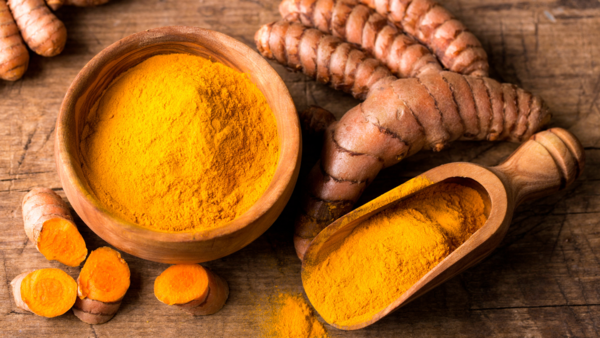Turmeric has long been regarded as a super spice in Indian kitchens. It’s the key component in curries, the go-to anti-inflammatory, and a traditional medicine mainstay. It has long been utilized in traditional eastern medicine because of its health advantages. Curcumin, the primary bioactive component of turmeric, is an effective antioxidant with anti-inflammatory effects. But while turmeric is celebrated for its health benefits, some people worry about its impact on kidney health.
According to Dr. Reetesh Sharma, Director, Head – Nephrology & Kidney Transplant Medicine, Asian Hospital, “When ingested in moderation, turmeric is generally not toxic to the kidneys. The main dangers come from excessive use, particularly from high-dose supplements. That’s because taking too much curcumin can drastically raise your urine oxalate levels, raising your chances of developing kidney stones.”
Turmeric is moderately high in oxalates, meaning that excessive consumption—especially in supplement form—could contribute to kidney stone formation, particularly for individuals who are already prone to them.While little amounts of turmeric in meals are normally harmless, excessive dosages of turmeric supplements may cause additional pressure on the kidneys. Furthermore, some evidence shows that high doses of turmeric may induce renal failure in those with pre-existing illnesses. This is due to the kidneys having to work harder to filter extra chemicals, which can lead to toxicity. Turmeric may interact with medications used to treat renal disease, diabetes, or blood clotting.

A study by MDPI shows that excessive dosages of curcumin may have nephrotoxic effects and worsen renal damage, particularly in people who already have kidney disease or risk factors. Turmeric supplements may interact with pharmaceuticals routinely used to treat renal disease, such as blood thinners and treatments that impair kidney function.
How to safely use turmeric if you have kidney concerns:
Dt. Debjani Banerjee, Incharge Dietetics, PSRI Hospital says, “If you love turmeric but are concerned about your kidneys, here’s how to eat it safely”
- Small doses of turmeric in food, such as curries, soups, and teas, are often safe.
- Consult a healthcare expert before taking too many turmeric pills.
- Adding turmeric to calcium-rich meals (such as dairy, leafy greens, or almonds) helps reduce the incidence of kidney stones by binding oxalates.
- Drinking enough water helps flush away extra oxalates, reducing the risk of kidney stones.
- If you have a history of kidney stones or renal problems, you should exercise caution and consult your doctor before consuming significant doses of turmeric.
People who have renal illness should contact a doctor before using turmeric supplements. Turmeric, like most things, is about balance. Use it judiciously, and your kidneys will thank you.


